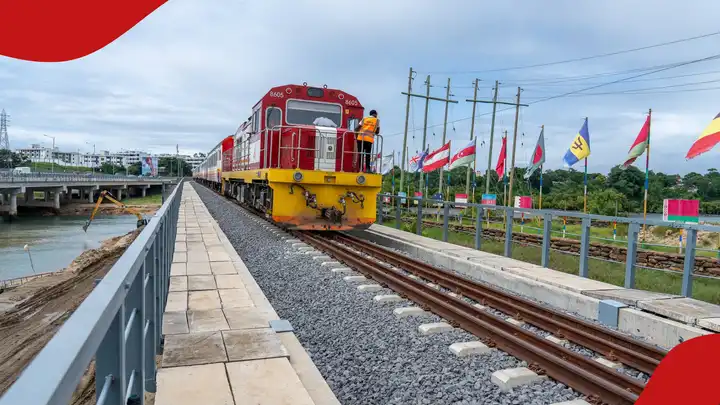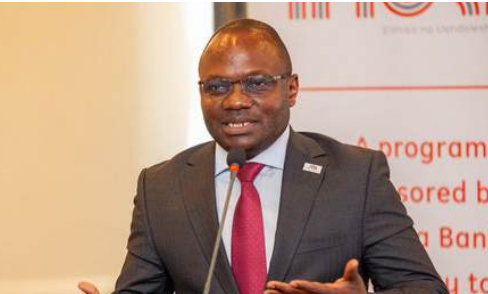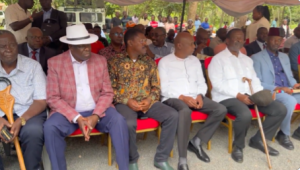Matatu owners in Mombasa are calling on the government to lift the ban on the importation and registration of new 14-seater vehicles, saying the directive has crippled short-distance transport and increased maintenance costs.
The ban, in effect since January 2019, was introduced as part of the government’s plan to phase out 14-seater Public Service Vehicles in favour of those with larger capacity, of at least 25 seats.
Acting Second Deputy President of the Matatu Owners Association, Salim Mbarak, said operators on the Coast face steeper challenges because the humid weather and salty air accelerate vehicle rusting, pushing maintenance costs higher.
“Today we are in the seventh year since the ban. We are suffering. For town service matatus, we cannot import new vehicles,” Mbarak told the Star on Monday.
“We incur heavy losses just maintaining our vehicles.”
All 14-seater matatus currently in operation were registered before 2019—with some tracing their registration back to the early 1990s—and are now ageing rapidly.
Suleiman Dache, another matatu owner and operator, said it’s rare to find newer model matatus in Mombasa, as the most recent ones bear registration plates starting with “KB.”
“You won’t find KD or newer series. We are forced to buy old vans from tour companies and convert them into matatus,” he said.
Dache accused the MOA of not doing enough to engage the Transport Ministry and the National Transport and Safety Authority to find a solution.
“I believe if they sat down and held a candid discussion, this issue would be resolved and we could do business properly,” he said.
However, Mbarak maintained that the association has been in continuous talks with the ministry over the matter.
He added that owners are compelled to refurbish their vehicles to keep them in operation frequently.
“That’s why you might see a matatu with a shiny new body but an old number plate,” he explained.
Mbarak also appealed to Transport CS Davis Chirchir to lift the ban on the use of graffiti on matatus, which he said is a key part of the industry’s identity and a source of employment for young people.
“Graffiti is part of matatu culture. We only ask that it be officially permitted because it creates jobs,” he said.
He, however, urged operators to keep the artwork decent.
“Some owners misuse graffiti to display inappropriate content, which offends passengers. That’s what gives us a bad name.”
Matatu operators say most passengers—especially the young—prefer stylish vehicles with graffiti and creative designs.
During the National Transport Conference at KICC last May, MOA president Albert Karakacha called for structured training of matatu drivers and conductors to enhance discipline and safety on the roads.
“Today, statistics show matatus are involved in far fewer accidents compared to other vehicles,” Mbarak said, crediting this to ongoing refresher courses for operators.
Instant Analysis
Between 2010 and 2012, the government restricted the importation of new 14-seater matatus to reduce their numbers and promote the use of high-capacity buses. The decision faced opposition and was later reviewed. In 2014, NTSA issued Legal Notice No 179 to stop licensing of new 14-seaters, but in 2020, the High Court declared the directive illegal and unconstitutional—effectively nullifying the ban.
by BRIAN OTIENO












